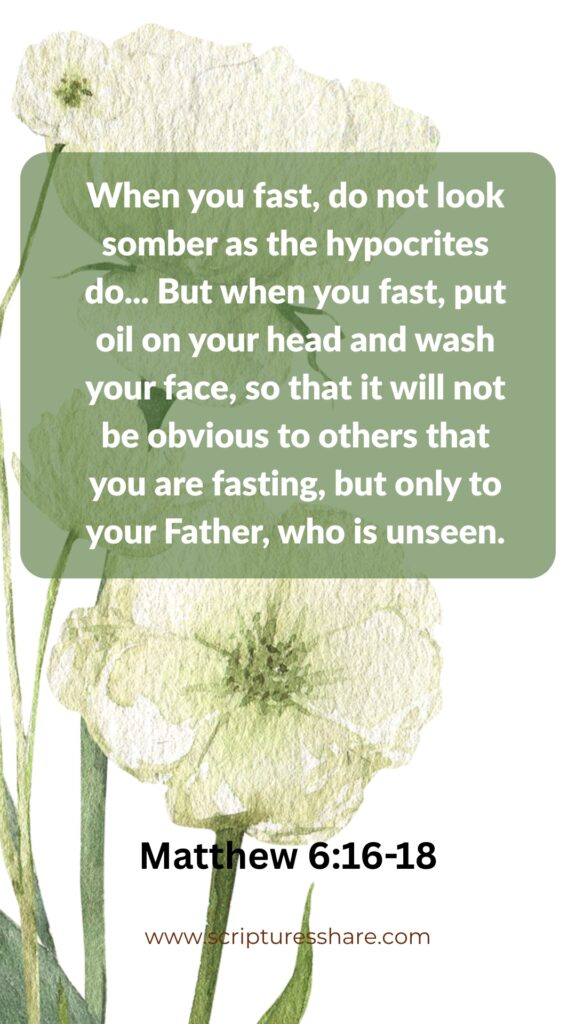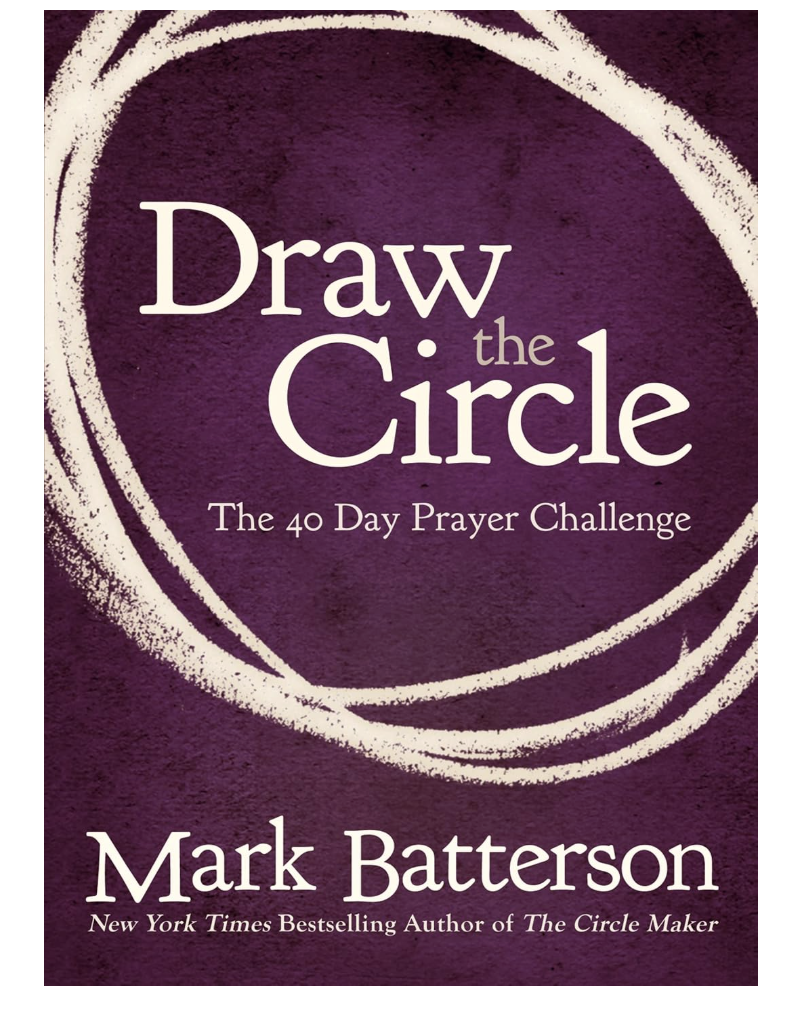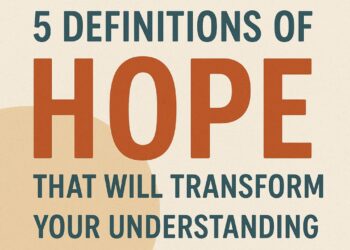No products in the cart.
What is the Christian Perspective on Fasting?
This post contains paid and/or affiliate links. I make a small commission at no extra cost to you. Please see our Privacy Policy.
Telling someone you’re skipping lunch to get closer to God sounds pretty wild in 2025. Most people fast to fit into their jeans, not to fit more Jesus into their day. But here’s the thing: Christian fasting isn’t about weight loss or trendy detoxes. It’s about hitting pause on the physical stuff to tune into the spiritual.
If you’ve ever wondered why Christians deliberately make themselves hangry in the name of faith, buckle up. I’m breaking down the whole fasting thing without the churchy jargon.
Why Christians Fast (Spoiler: It’s Not a Diet)
Here’s what fasting actually does for Christians:
It creates space for God. When you’re not thinking about your next snack, you’ve got more mental bandwidth for prayer and reflection. Simple as that.
It builds spiritual muscle. Self-discipline isn’t exactly our culture’s strong suit. We can get pizza delivered in 20 minutes and binge an entire season in one sitting. Fasting flips that script and proves you can actually control your impulses.
It’s a wake-up call. Nothing makes you realize how food-obsessed you are like voluntarily giving it up. That constant thought of “man, I could really go for a burrito right now” becomes a reminder to redirect that energy toward God instead.

What Fasting Actually Accomplishes
Christians fast for a bunch of different reasons, and none of them involve manipulating God like some cosmic vending machine. Here’s the real deal:
Seeking Help and Guidance
When life gets messy, fasting shows God you’re serious. It’s like saying, “I need Your help so badly that I’m willing to be uncomfortable and hungry to get Your attention.” It’s not that God won’t listen otherwise—it’s that you need to demonstrate your own desperation and dependence.
Humbling Yourself
Fasting strips away your self-sufficiency. You realize pretty quickly how much you rely on food for comfort, energy, and distraction. That vulnerability? That’s the point. It forces you to lean on God instead of your usual coping mechanisms.
Deepening Your Faith
Every time your stomach growls, it becomes a physical reminder to pray. Fasting turns your hunger into a spiritual alarm clock. It keeps you focused and intentional about your relationship with God throughout the day.
Aligning with God’s Will
Here’s the kicker: fasting doesn’t guarantee you’ll get what you want. It’s not a magic formula where you skip three meals and boom—prayers answered. Instead, it helps align your heart with God’s will. It’s about surrender, not manipulation.
How to Actually Start Fasting (Without Passing Out)
If you’re new to this, don’t go full Moses-on-the-mountain right away. Start small and build up. Here’s your game plan:
Beginner Level: The One-Meal Fast
Skip one meal a week. Breakfast is usually the easiest because you’re sleeping through most of the hunger anyway. Use that time to pray or read Scripture instead of scrolling Instagram while eating toast.
Intermediate: The Juice Fast
Drink juice and water instead of eating solid food. This gives beginners a softer landing since you’re still getting nutrients and calories. Your body won’t freak out as much, and you can focus on the spiritual aspect without feeling like death.
Advanced: The Full-Day Fast
Go from sundown to sundown without food. This is where it gets real. You’ll be hungry, possibly cranky, and definitely tempted. That’s exactly the point.

Planning Your Fast (Because Winging It Is a Bad Idea)
Don’t just randomly skip meals and hope for the best. Here’s what actually works:
Set a specific spiritual goal. Are you seeking guidance on a decision? Praying for someone? Working through a spiritual struggle? Pin it down. Vague fasts lead to vague results.
Replace eating time with prayer time. If you normally spend 30 minutes on lunch, spend those 30 minutes in prayer instead. Don’t just create a food void—fill it with God.
Give people a heads up. Tell your roommate, spouse, or coworkers you’re fasting so they don’t think you’re being weird when you turn down pizza. It also prevents awkward “are you okay?” conversations.
Consider fasting from other stuff too. Social media, TV, video games—anything that consumes your time and attention can be fasted from. The principle is the same: remove the distraction, replace it with God.
The Stuff Nobody Tells You About Fasting
You’ll be cranky. Own it. Low blood sugar makes everyone a bit irritable. That’s part of the discipline.
Your brain will play tricks on you. Every food commercial becomes torture. You’ll suddenly remember that leftover pizza in the fridge with crystal clarity. This is normal.
It gets easier. The first few fasts are rough. But like any discipline, your body and mind adapt. You build spiritual calluses.
It’s countercultural as hell. In a world that screams “treat yourself” 24/7, voluntarily going without feels rebellious. That’s actually a good thing—it reminds you that your ultimate satisfaction comes from God, not DoorDash.
What Fasting Isn’t
Let’s clear up some misconceptions:
It’s not a hunger strike against God. You’re not withholding food until He gives you what you want. That’s manipulation, not worship.
It’s not about earning God’s favor. You can’t fast your way into heaven or trick God into loving you more. He already loves you completely.
It’s not a guaranteed answer machine. Sometimes God’s answer is “no” or “wait.” Fasting doesn’t change that—it just changes you in the process.
It’s not meant to be miserable. Yes, it’s uncomfortable. But it shouldn’t be torturous. If you have health issues, talk to a doctor. God doesn’t want you hospitalized.

The Bottom Line: Why Bother?
Look, fasting isn’t easy or convenient or Instagram-worthy (unless you’re that person, but please don’t be). But it works because it forces you to be uncomfortable, and discomfort is where spiritual growth happens.
Every Christian throughout history has practiced this discipline. Jesus fasted. The apostles fasted. Regular believers fasted. They weren’t all wrong.
When you voluntarily say no to something your body screams yes for, you prove—to yourself and to God—that your spiritual hunger matters more than your physical hunger. That’s powerful.
Ready to Try It?
Start small. Pick one meal this week. Set a specific prayer focus. Replace eating time with God time. See what happens.
You might be surprised at how much clarity and peace comes from simply creating space for God in your day. Or you might just be really, really hungry. Either way, you’ll learn something about yourself and grow closer to God in the process.
And honestly? That’s worth missing a few meals for.
















